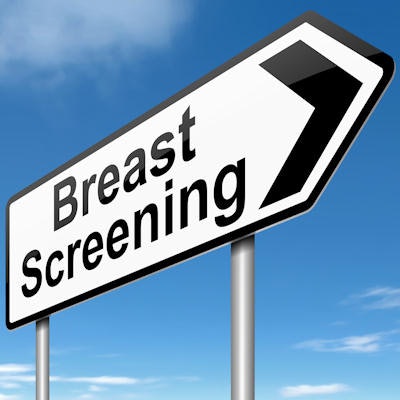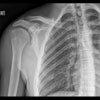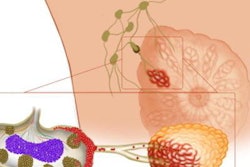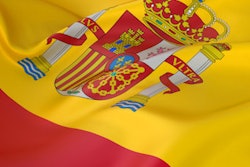
Spanish researchers have developed a breast cancer risk prediction model that they hope will make screening programs more effective.
Information about the model was shared on 15 November at the European Breast Cancer conference held in Barcelona.
Presenter Javier Louro, PhD, of the Hospital del Mar Medical Research Institute in Barcelona, and colleagues used data from 50,000 women from the Cancer Registry of Norway who participated in BreastScreen Norway between 2007 and 2020; the program invites women to mammography every two years.
The investigators tracked risk factors such as age, family history of breast cancer, previous benign breast disease, breast density, body mass index, and alcohol consumption, comparing these factors in women with and without a breast cancer diagnosis.
They found that a woman's risk of developing breast cancer over a period of four years ranged from 0.2% to 7.4% for others, with a median risk of 1.1%. Some factors were more influential than previously considered, such as the amount of exercise in which a woman participates per week -- a factor not often included in breast cancer risk prediction models, the team noted.
"Several breast cancer risk prediction models have been created, but we believe this is one of the first models designed to guide breast screening strategies over a person's lifetime using real data from a screening program," Louro said in a statement released by the meeting host, the European Organization for Research and Treatment of Cancer.



















